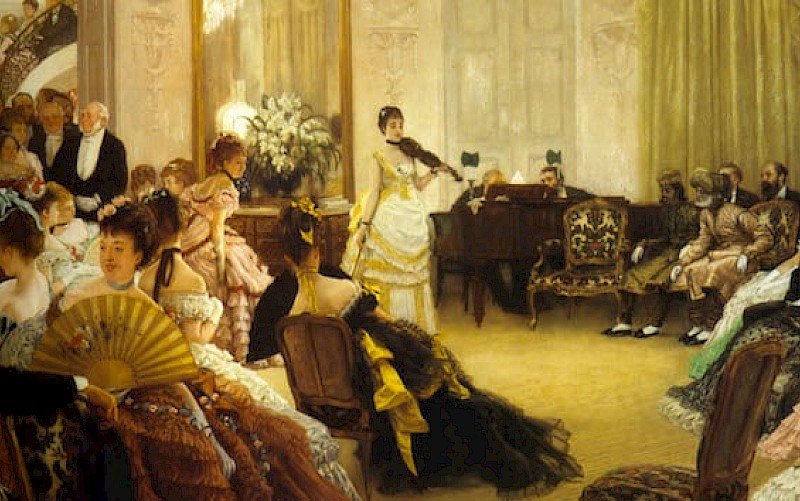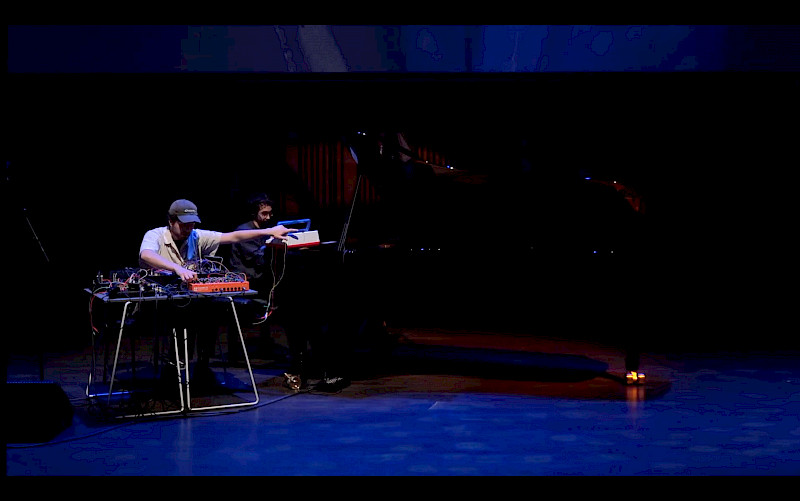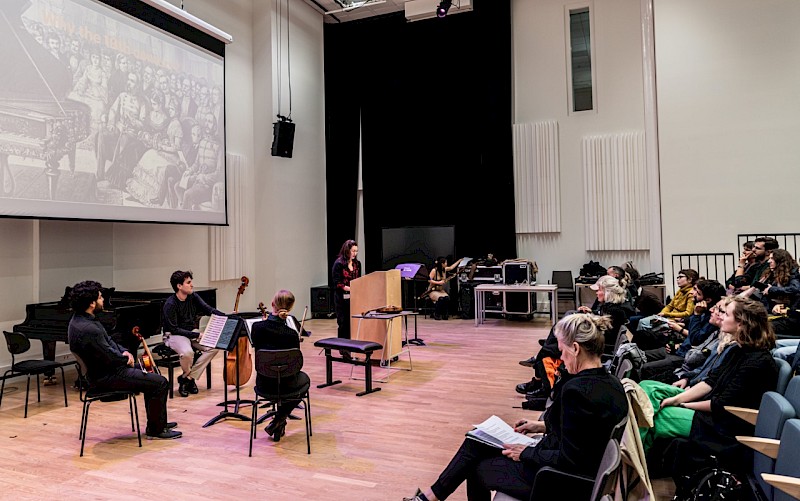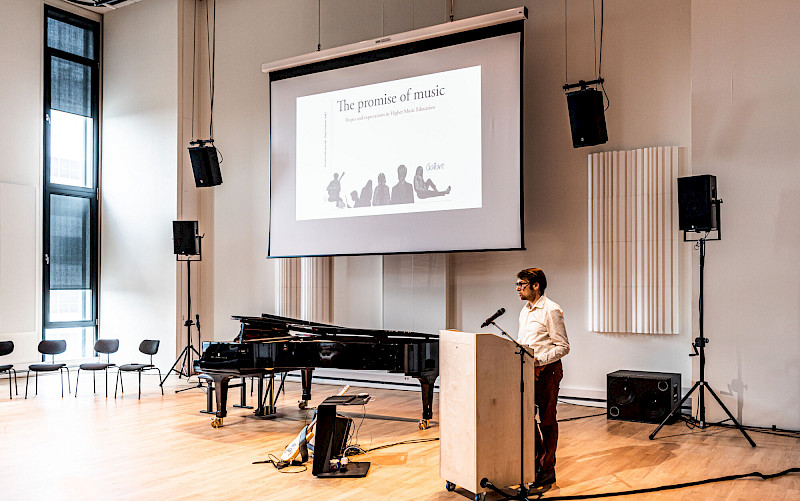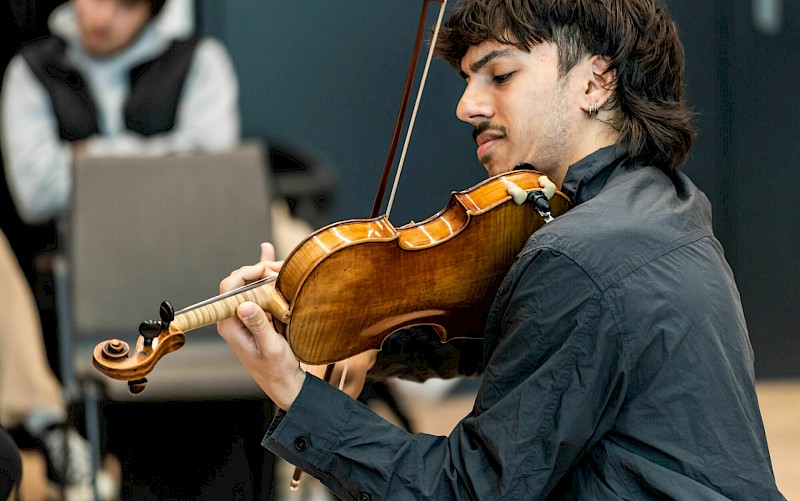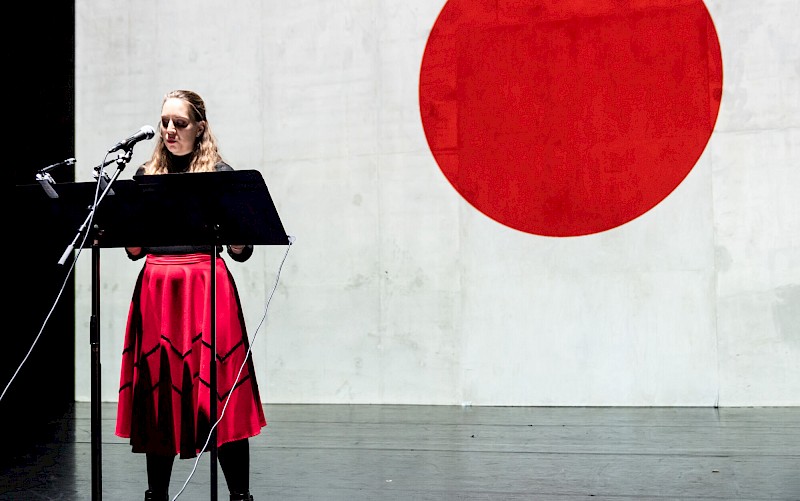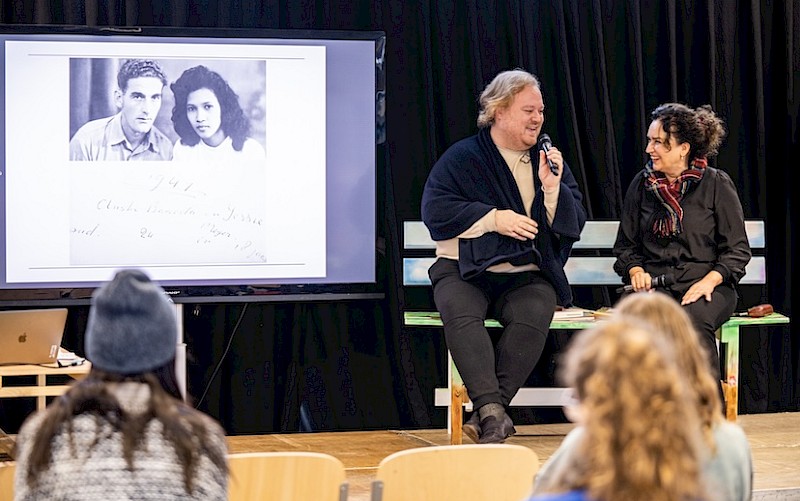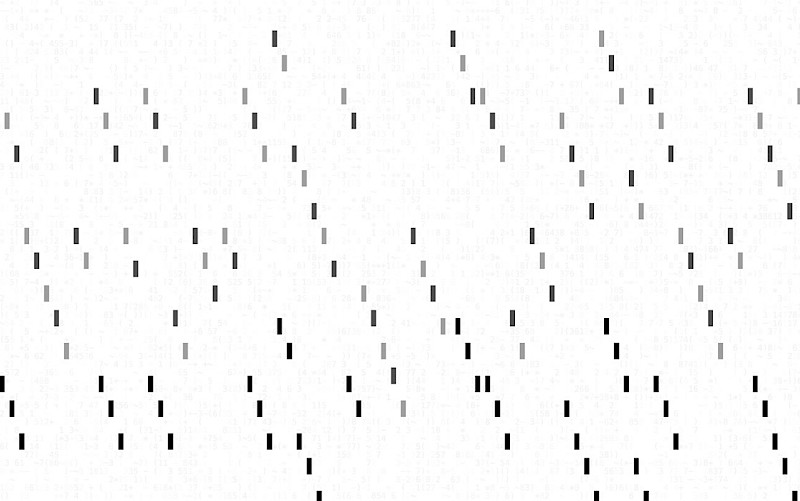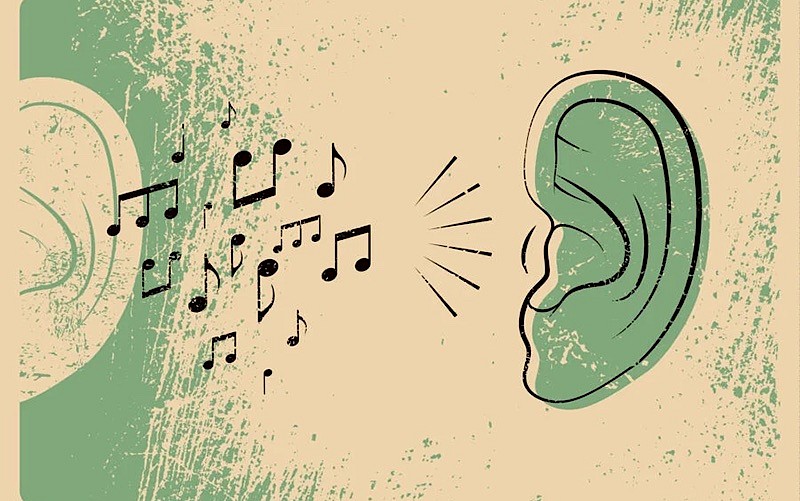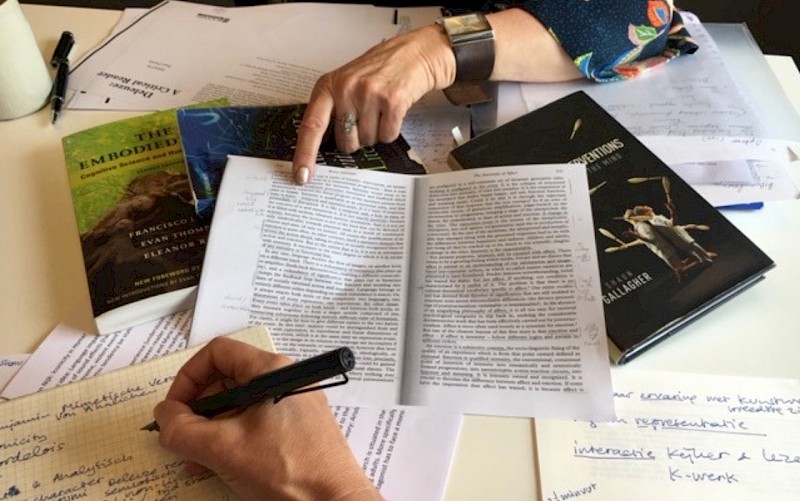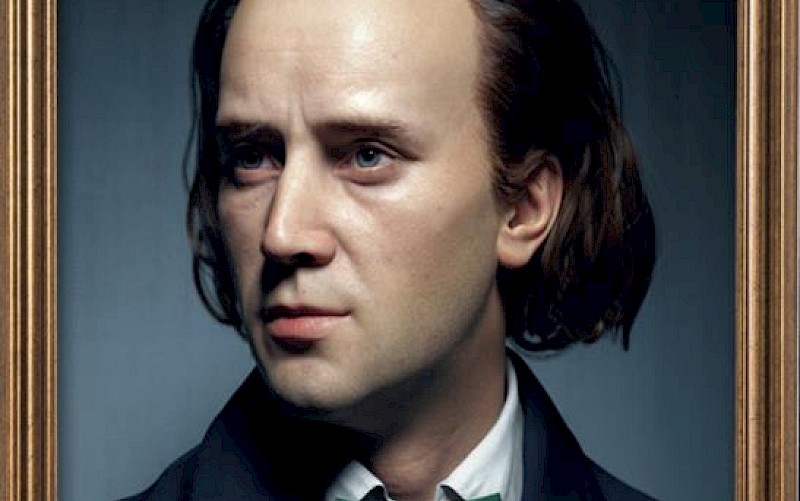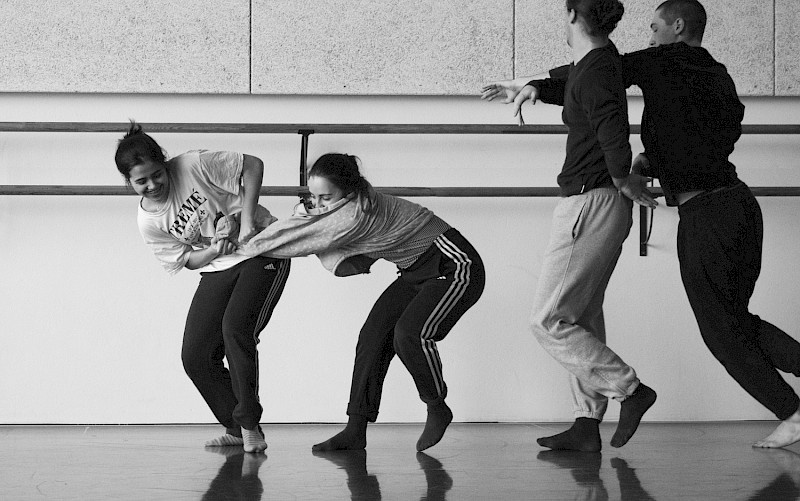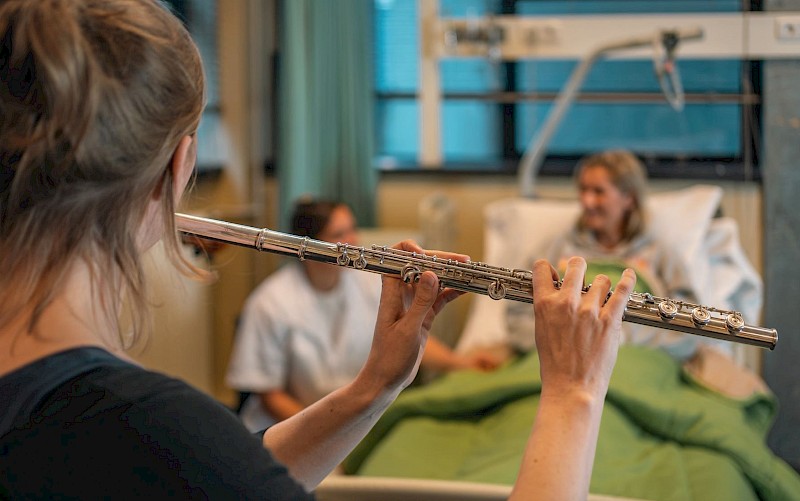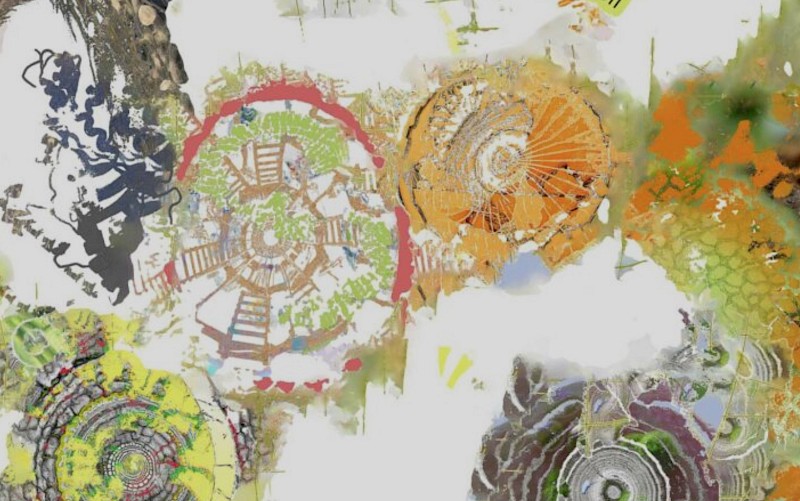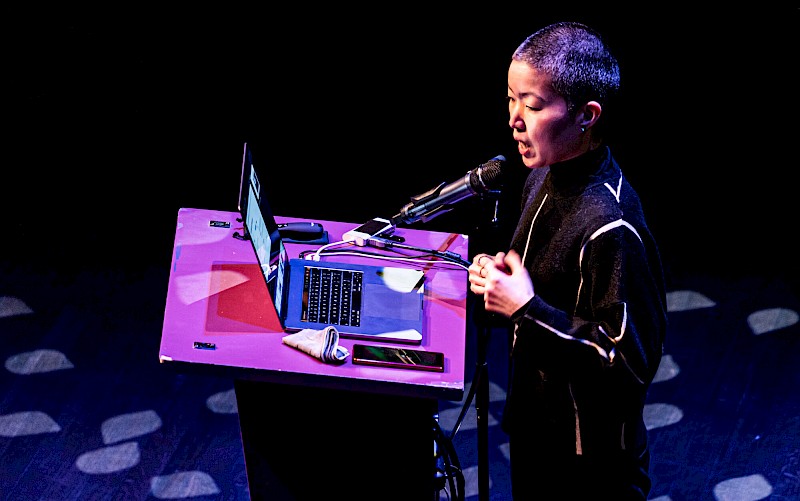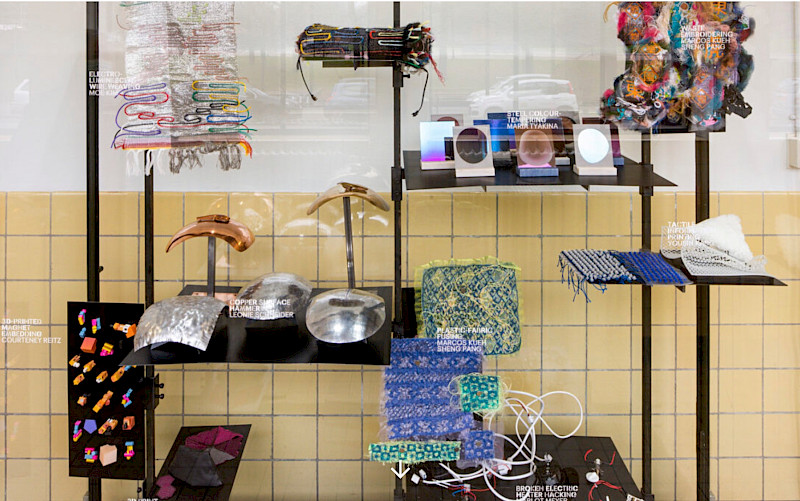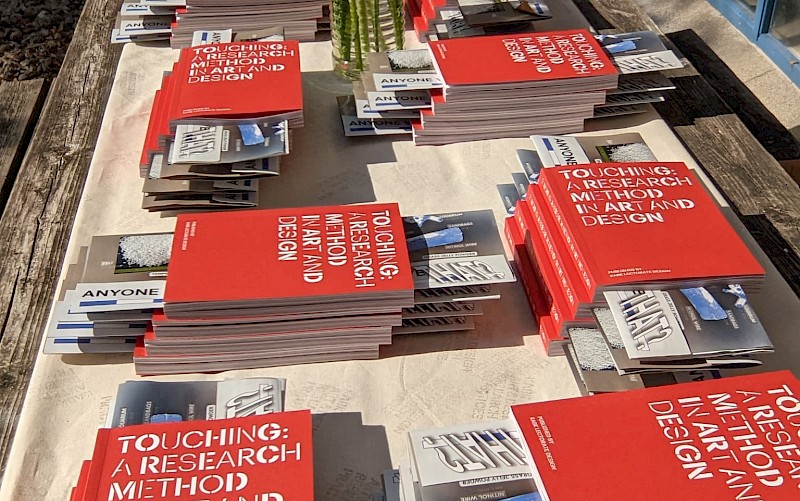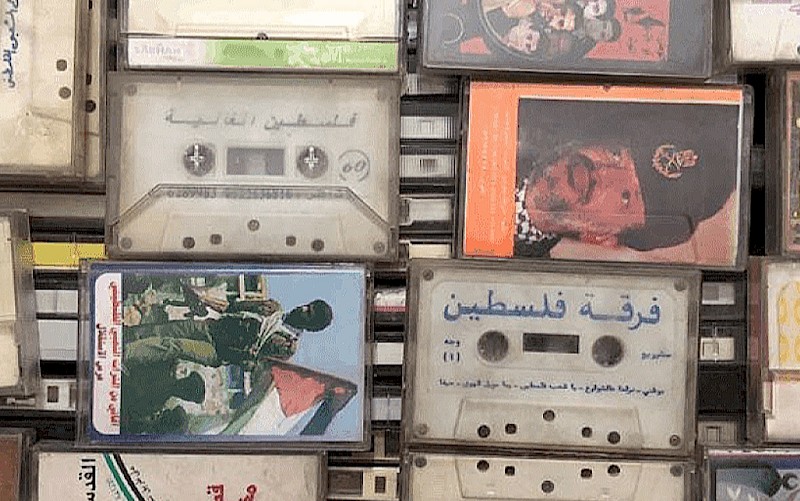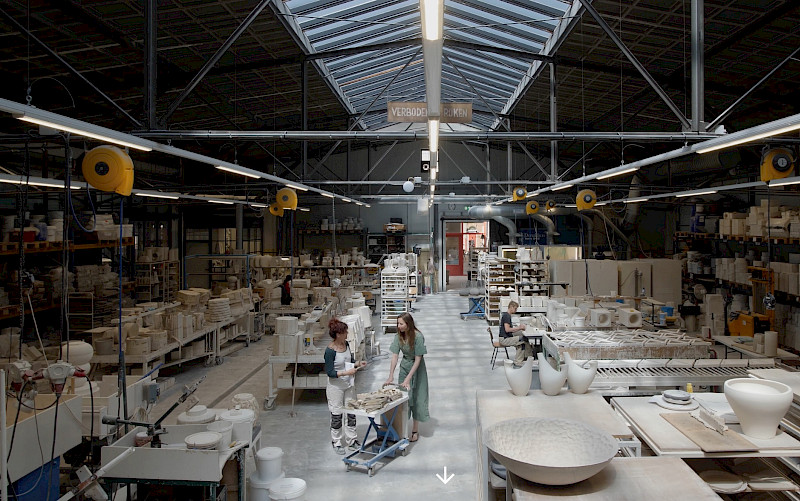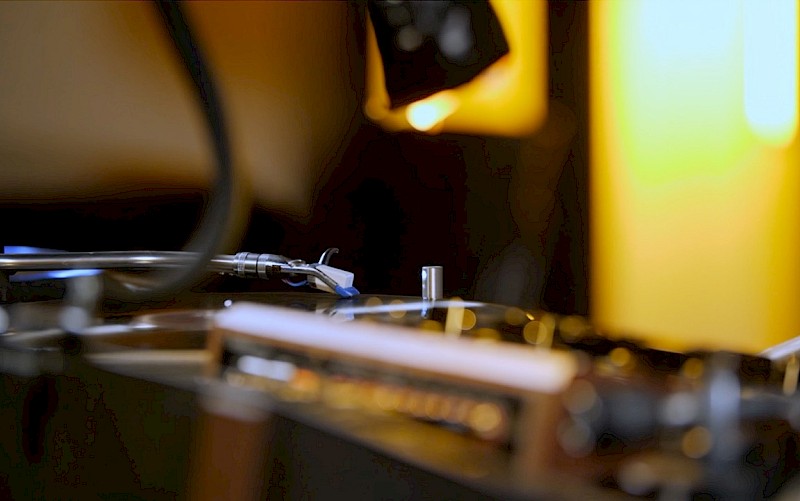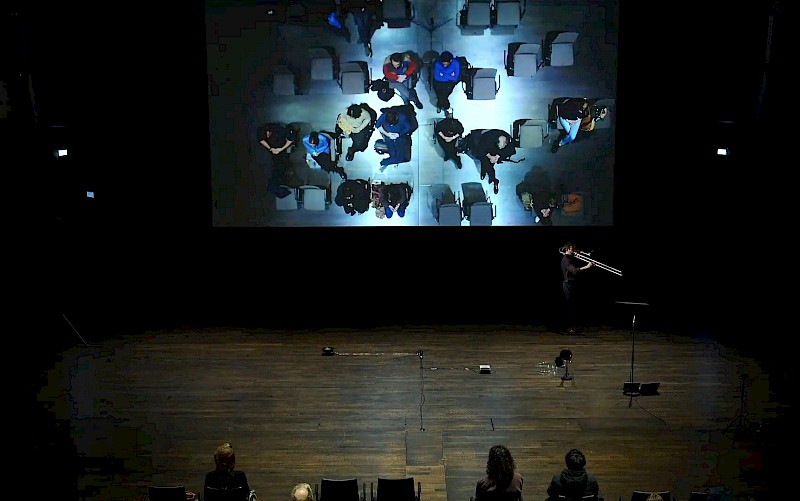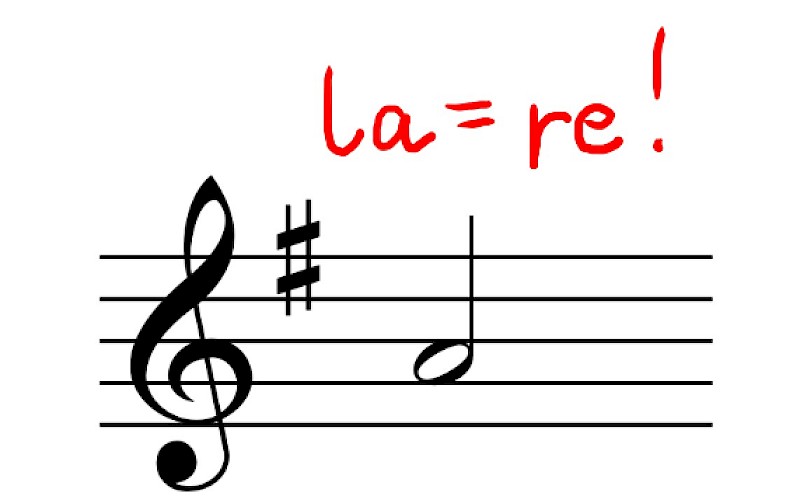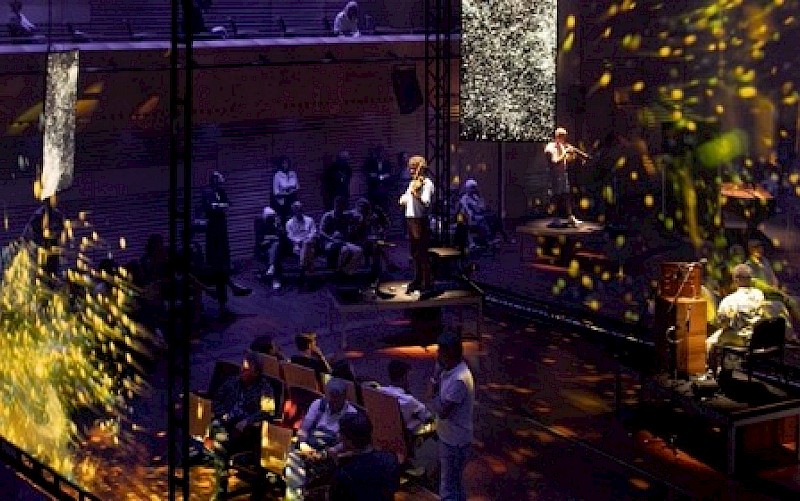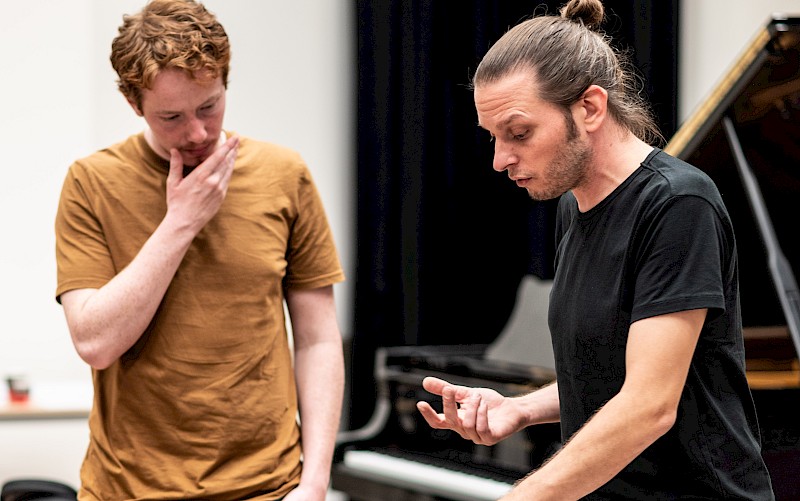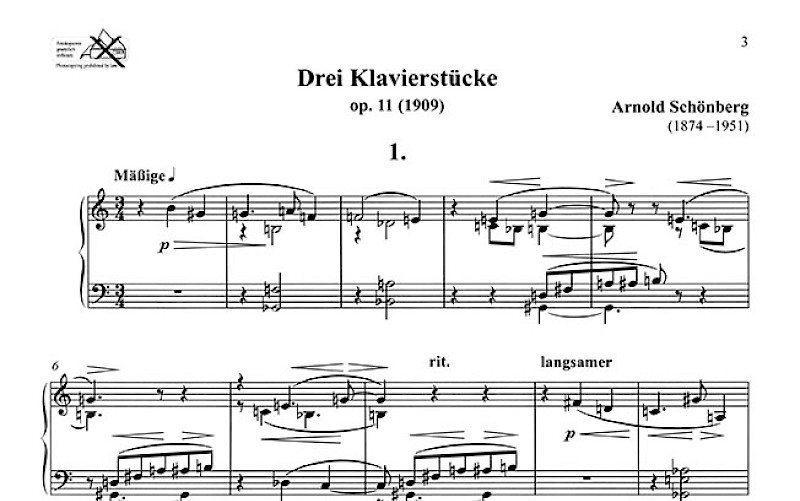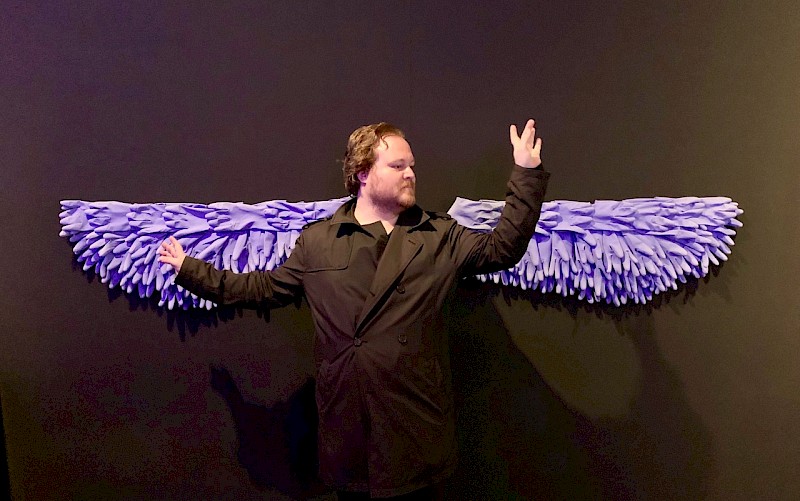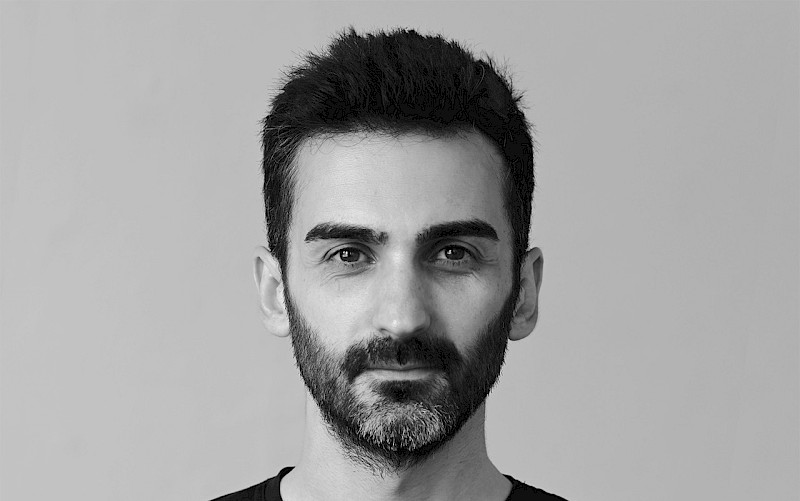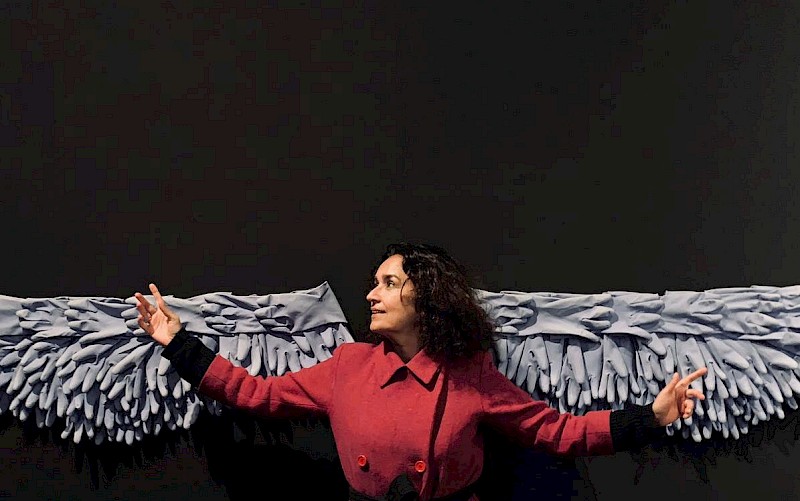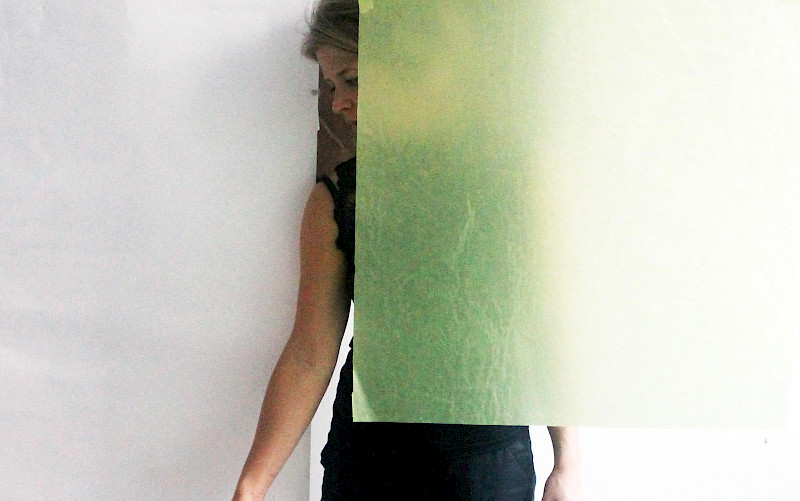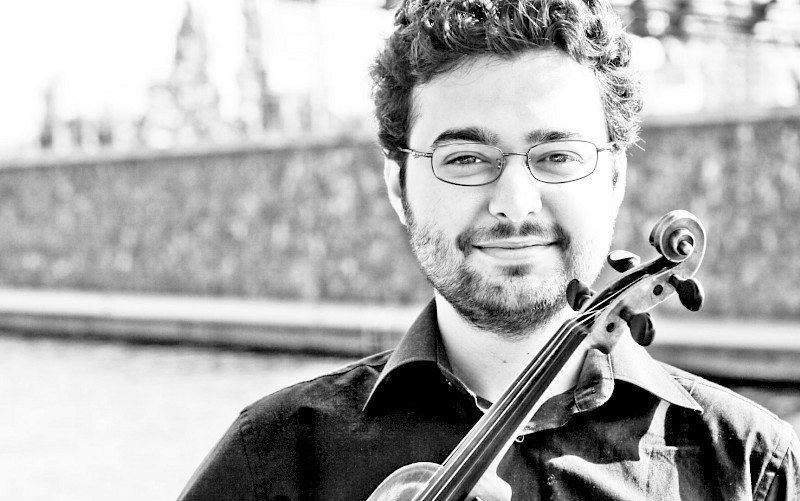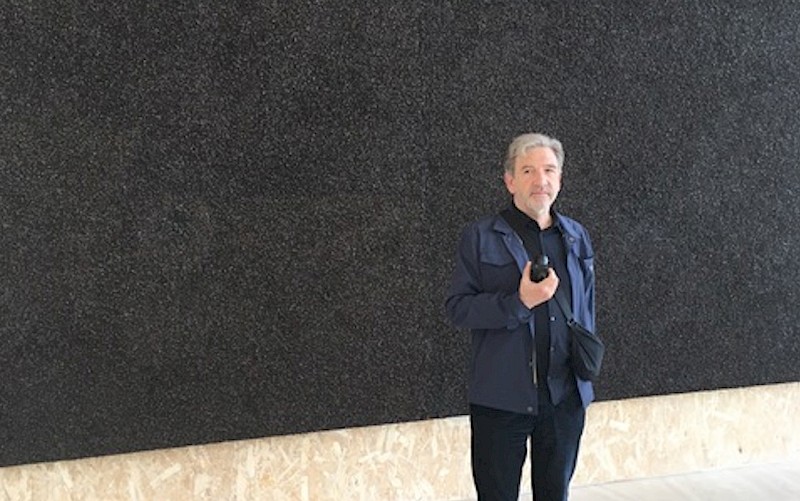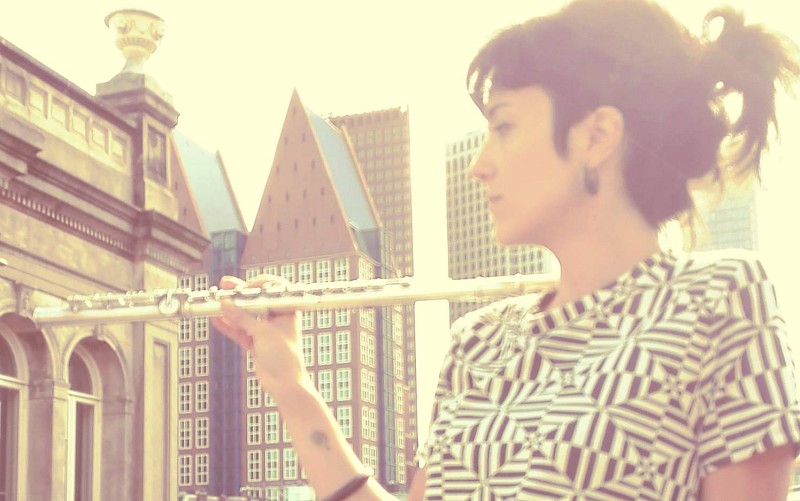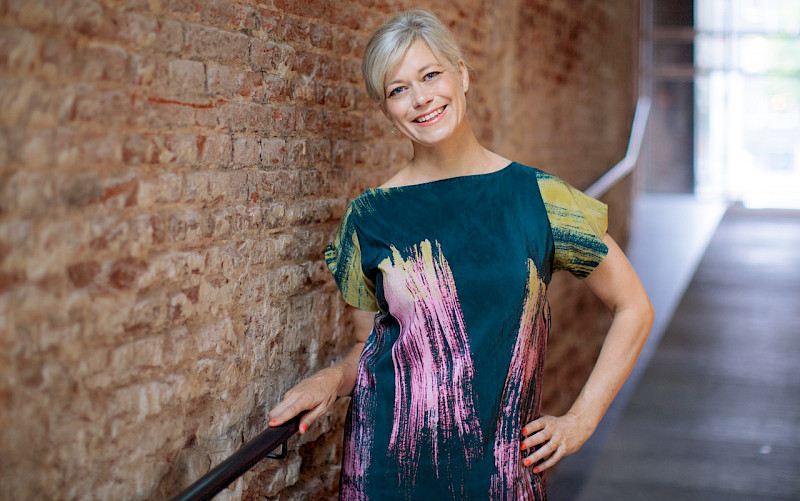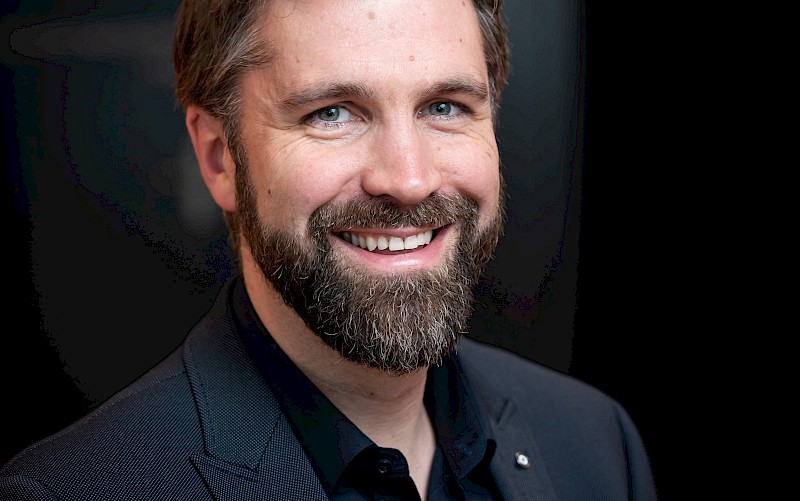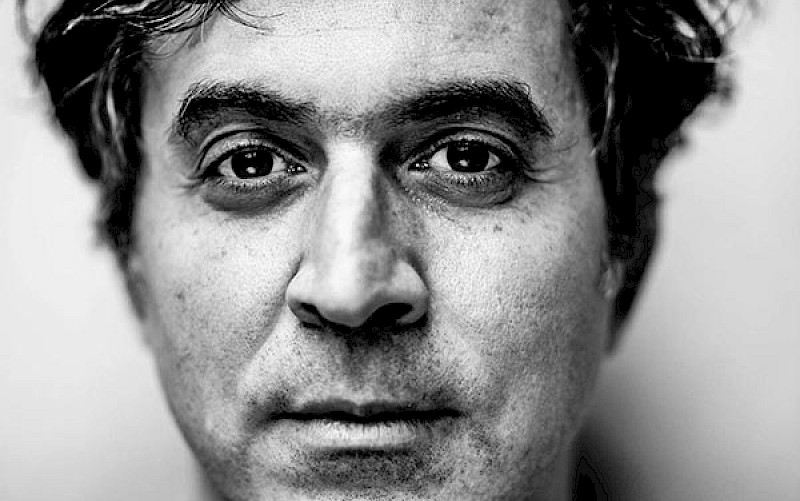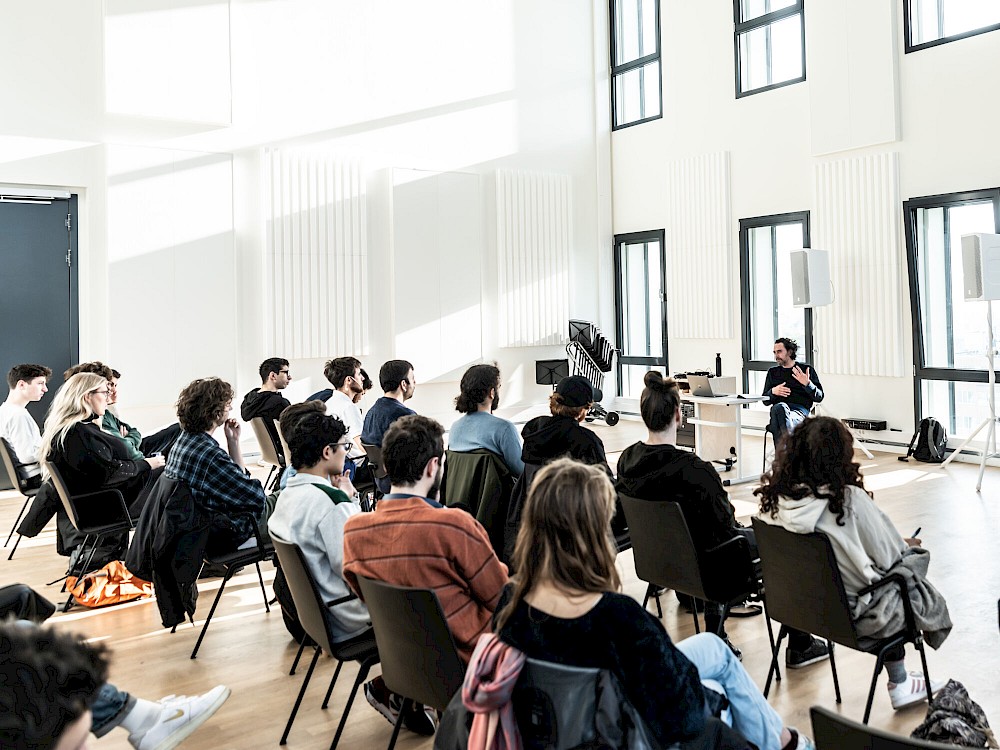
Dialogues on Music: Playing music and other serious matters
The lectorate ‘Music, Education and Society’ introduces a series of three evenings of thematic dialogue under the name Dialogues on Music: Playing music and other serious matters.
Though we regularly use the word 'play' in connection to music, our association is not related to the playing of a child or an animal or to playing a ball game. Even less would ‘diverting lightness’ - the roots of play - be the first characterization that comes to mind. Playing a concert is a serious matter where your reputation, status and market value are at stake. During each of the three evenings, two invited speakers will engage in a thematic dialogue, approaching the overarching theme from three different perspectives.
Conventions and Convictions - 23 february
Featuring Lies Colman - Yannis Kyriakides
The role of the audience as an essential part of artistic performance has been morphing along with the changes in society. The concert as a ritual depends on the agreed obedience to rules that determine the nature of these rituals. In the act of performance, playing with expectations of the public always has been a constructive element that causes fluctuating levels of participation or engagement in the spectators. These days audiences are often mobilized into a more interactive and self-conscious position, literally or metaphorically. With this goal in mind, conventions on both sides - the performer as well as the audience - become part of the playing material. Convictions are thus turned upside down to be replaced by new insights or discoveries that might lead to new convictions.
Both speakers this evening have created artistic processes that consciously place artist as well as audience in a socially situated interaction, more specifically by integrating other artistic fields in musical performance. In this way, both the artist and the audience are challenged to commit themselves by taking an (inter)active role and thus contribute to the final appearance and experience of the work of art.
The Animated Musician - 6 April
Featuring Bobby Mitchell - prof. Hans van Dyck
There are many elements in the playing of animals that resemble the actions of a performer and vice versa. This common nature of expression, strategy and creative shaping of play is the subject of this dialogue.
Play exists, even beyond the player. Not the musician is the subject but (in our case) the music, which is bound to rules. But these rules are not identical with the music - unless the music is about rules - they serve just like the musician does, the collective artistic experience of the performance. Similar to games or child play these performances have boundaries in time and space, which help to determine the nature of play. The major determinator in this playing is the musician, who can be led by inspiration to transcend all temporal, spatial, technical and other limiting boundaries into a level of performance that is collectively experienced as deeply meaningful.
Art as Game as Art - 29 June
Featuring Barbara Lüneburg – Alison Isadora
Many composers are the architects of playful adventures that could also be seen as a game. Open forms in composition often rely on rule-based play that invites creative and often unpredictable musical interaction between performers, sounds, space, objects and sometimes also audiences. Today, digital technologies invite composers and music makers to rethink musical form from the perspective of game aesthetics, multimedial storytelling and player agency. Violinist and researcher Barbara Lüneburg describes a digital game environment as a 'space of possibility' (Lüneburg, 2018). What possibilities does a gamified approach of musical performance have for composers? How can the artistic design of game strategies and scripts lead to meaningful experiences and playful interactions between music, performer and audience? And what can games as audiovisual artworks teach us about the subject of musical play?
